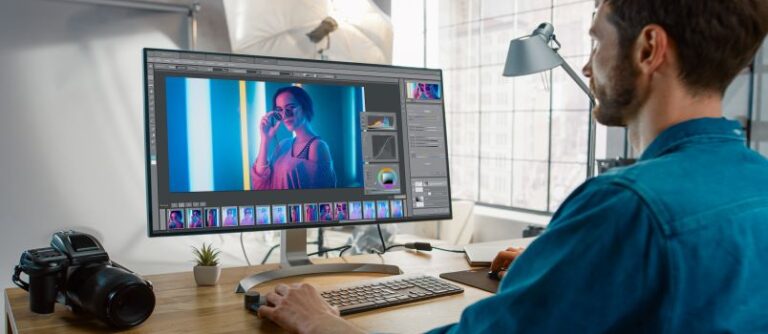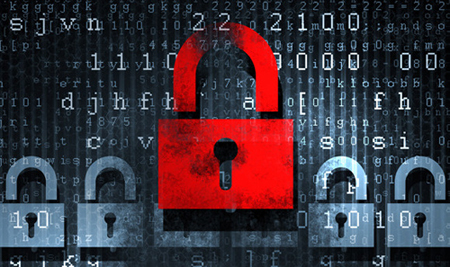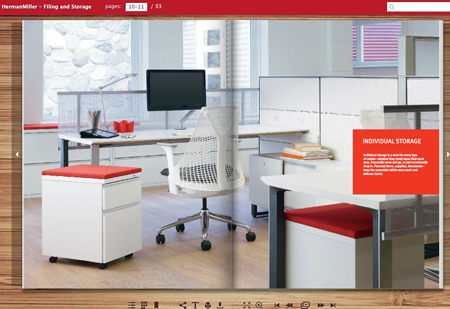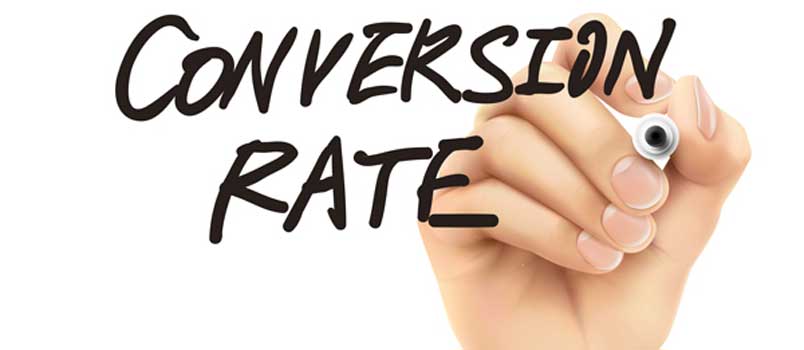Have you ever wondered what happens to your photos after uploading them to the app? Most apps claim they remove images from their servers after a certain period, but can they guarantee it? Do you believe them?
And then there’s the possibility that a fake photo editing app may have gained access to your camera to film you or that it is stealing your data and selling it to strangers. It has happened and will happen again because cybercriminals know how popular mobile apps are. They use dodgy apps to distribute malware, steal data, and drive you mad with advertisements.
Read this article before you use a photo editing app to add a filter, caption, or emoji to a social media post. We have some great tips on protecting yourself from dodgy photo editing apps, and we’ll let you in on the secret of secure photo and file sharing among friends.
Mobile apps have a long history of abuse
Cybercriminals have been very successful in distributing malware by hiding it inside otherwise innocuous-looking apps or fake apps, for example, fake ChatGPT apps or a fake ‘Safe Chat’ app that steals your chat records from other encrypted chat apps. Photo editing apps are no exception. In 2019, Symantec’s security researchers found twenty-five photo-editing and fashion apps containing malware in the Google Play store. More than 2 million people downloaded them before they were removed from the store.
What are the risks of photo editing apps?
Perhaps you used a filter to obscure the naughty bits on a frisky photo or used an app to crop and remove certain parts before you uploaded it to social media. Will those bits stay covered forever in the age of all-powerful AI? Can you confirm the app’s administrators didn’t nab a copy of the unfiltered pic?
But you should also worry about exposing metadata on the internet: All images have built-in information about where the photo was taken, the device that took the picture, and other details. When you upload your photo, you also upload this information. Other people can snatch this data.
Furthermore, almost all mobile phone apps track your location and use that information to obtain your IP address. They sell the information to marketing companies. Do you use a VPN to protect your location and IP address? And then there’s data harvesting. Why does a photo app need permission to scan your contact details or files? It’s an information grab to collect and sell your data!
Let’s look at our tips to secure your smartphone against malicious apps, avoid dangerous apps, and protect your privacy.
How to secure your smartphone against malicious apps
- Use antivirus software on your phone: Its purpose is to spot malicious apps and stop you from installing them.
- Secure your phone with a VPN: You can use an advanced file sharing method with the NordVPN Meshnet feature. It helps to securely access files on another device instead of sending files to each other by email or sharing logins to third-party apps.
- Only download verified apps: Stick to the official app stores. But, since both Google and Apple have let malicious apps slip through the cracks, remain cautious even when downloading from official sources.
- Research the app developer: Some developers become known for their unethical behavior. For example, the BeautyPlus – Easy Photo Editor & Selfie Camera app has been identified as being with malware or spyware, and its Chinese developer, Meitu, appears to be collecting and selling user data.
- Pay attention during installation: Some malicious apps may add additional requests for extra permissions during the installation process. It’s called privilege escalation, and it could give hackers permanent access to your phone to push irritating ads, redirect you to phishing and spam sites, and install malware. Some apps have been known to access the camera and microphone without asking for permission (that’s how the “Beauty Camera” app got caught).
How to Avoid Suspicious Editing Apps
All mobile apps harvest data, but if you remove every tracker and decline every cookie, the app may not work properly. Still, that doesn’t mean your apps should have full access to all your secrets! They certainly don’t need access to your contacts, location, emails, files, and camera or microphone.
- Check what permissions the app needs: An app does not need access to your camera to work magic on your photos. Photos are uploaded from your phone’s storage, not directly from the camera, so photo editing apps that request permission to access your camera are dangerous.
- Read the app reviews: If there are no reviews, only glowing reviews, or a list of 5-star ratings without any comments, this could be a red flag. Double-check the reviews on other places like Reddit or mobile user forums.
How to protect your privacy
- Protect sensitive information: Don’t upload photos of bills or documents that show your phone number or address. Don’t share pictures of your social security card, passport, or other identification documents. If you need to share such sensitive photos, check if your VPN has the Meshnet feature. It’s a secure file-sharing method that connects you and your trusted friends’ devices to a virtual private network. It allows groups of people to connect to your device at home to share documents and photos or even watch Netflix and other movies as if you’re all in the same home and are sharing an IP address.
- Don’t upload risky photos: Don’t use photo editing apps to obscure the naughty parts of a saucy image. The unfiltered photo might end up in the wrong hands.
- Strip metadata before upload: Metadata gets embedded in pictures to help people verify the authenticity of photographs. It contains precise personal information about your location, date, device, etc.
- Check where they store their data: Your data should stay in your home country or stored on servers in a country with strong privacy laws, e.g., the GDPR in European countries.
Conclusion
Whether you use a photo editing app to bestow a pair of floppy rabbit ears on grandma or add stickers, blur, or enhance a few parts of your photo, you should remember there are risks when uploading your images to an app. Secure your smartphone with a VPN and antivirus, and choose your photo editing app wisely.





